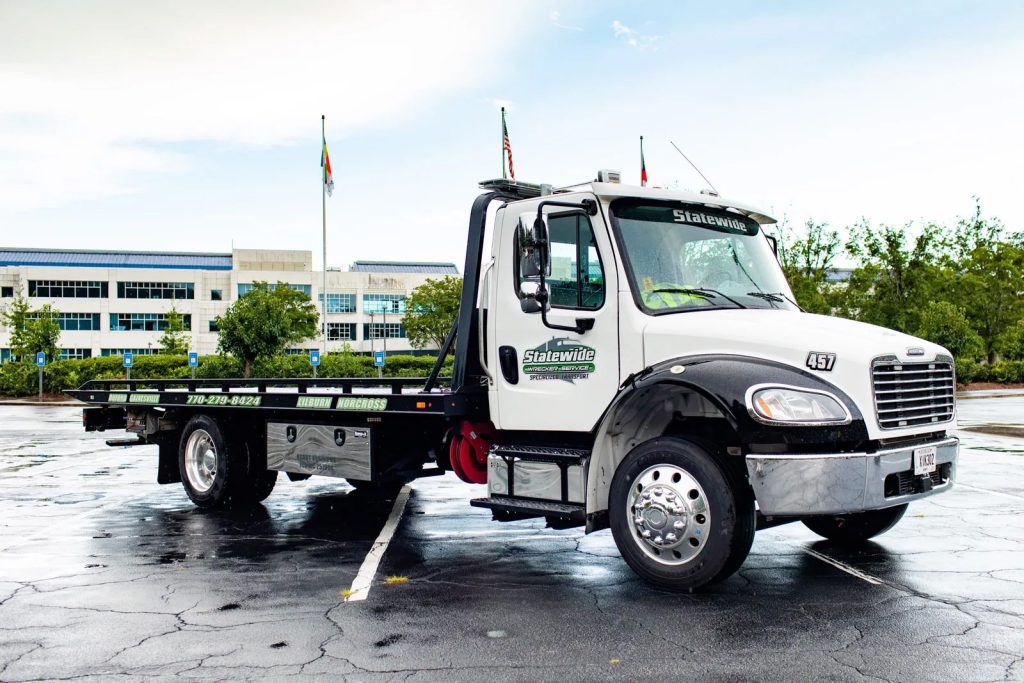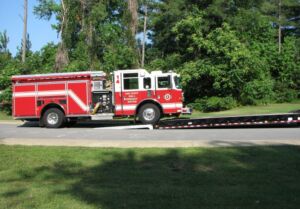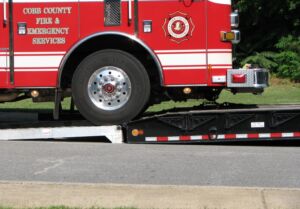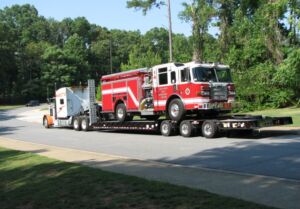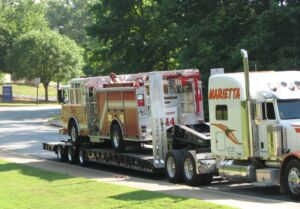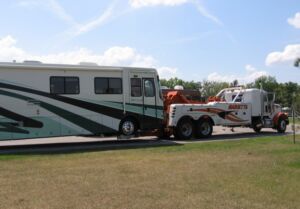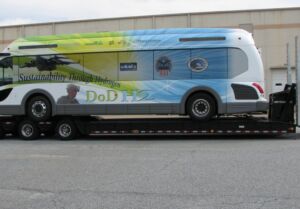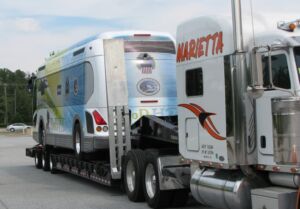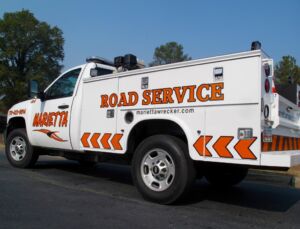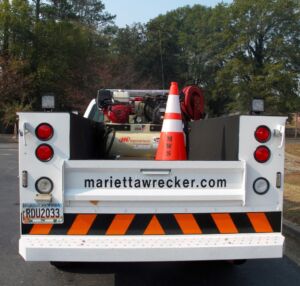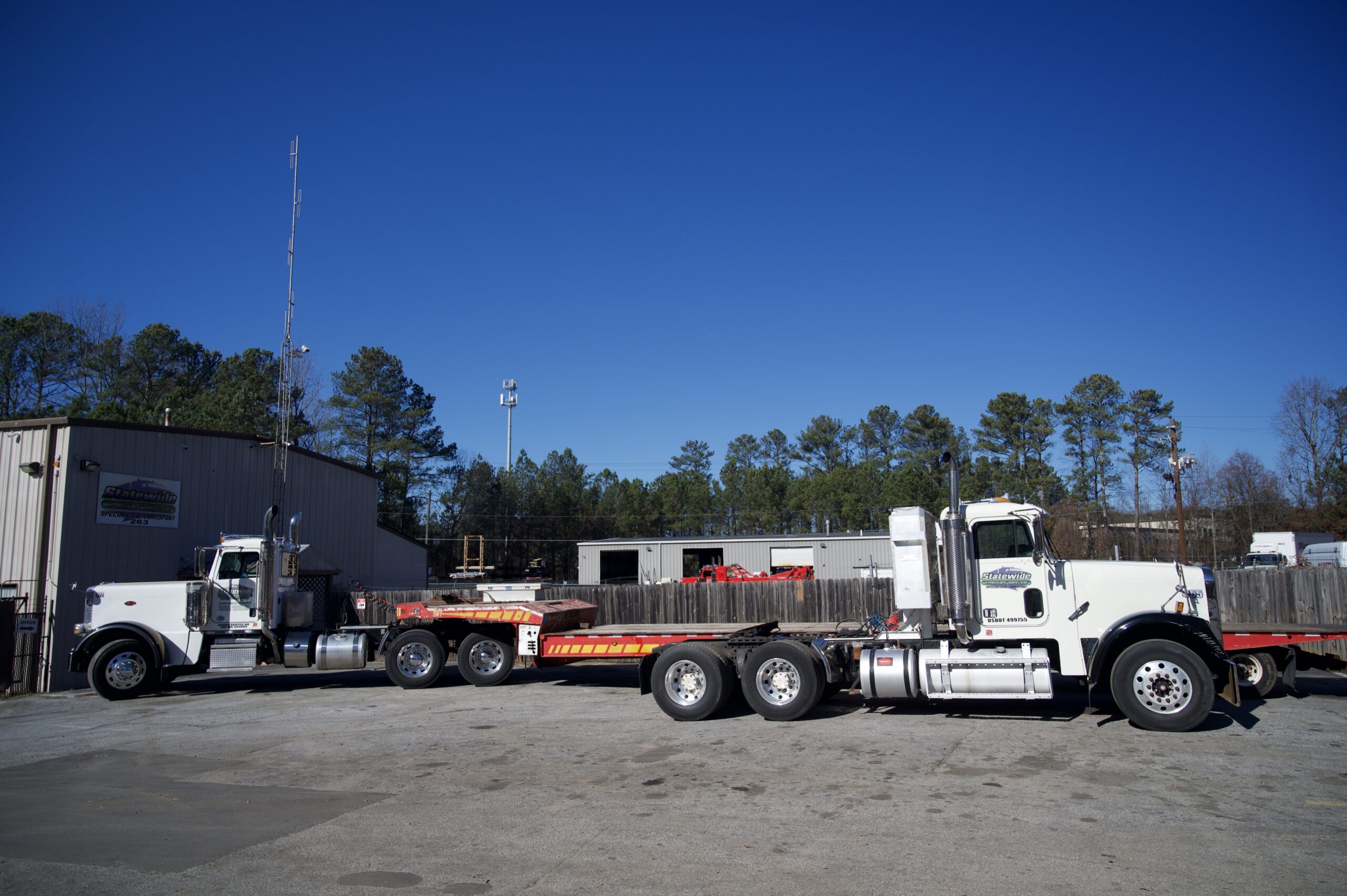
CLASS A TOWING
Statewide Wrecker Service provides Class A Towing to customers 24/7. SWS has the ability to handle the heaviest of trucks and equipment because we have a large, versatile fleet that allows us to do so. Our operators have extensive knowledge and training that allow them to offer the best service possible. The “class” is determined the type of tow truck and the weight of the vehicle being towed.
What is Class A Towing?
The Georgia Department of Driver Services describes Class A as “Any combination of vehicles (power unit and trailer) with a Gross Vehicle Weight Rating (GVWR) of 26,001 pounds or more, provided the GVWR of the vehicle(s) being towed is in excess of 10,000 pounds. Includes vehicles in Classes B and C. Knowledge and driving skill exams are required. Must be at least 18 years old, though restricted to intrastate driving only until age 21.”
Why is Class A Important?
- Handling Large Vehicles: Class A towing generally involves towing large trucks, buses, or recreational vehicles (RVs). Due to their size, weight, and complexity of systems, these vehicles require special equipment and expertise.
- Safety: Properly towing large vehicles is critical for the safety of not only the tow operator but also all other road users. Improper towing can lead to accidents, cause traffic disruptions, and create hazardous conditions on the road.
- Regulation Compliance: Different states, including Georgia, have specific regulations governing the towing of different types of vehicles. These regulations often specify the type of tow truck needed, the qualifications of the tow truck operator, and other safety protocols. Ensuring compliance with these regulations is vital for legal and safety reasons.
- Training and Certification: Tow truck drivers who handle Class A towing typically need to undergo more rigorous training and obtain certifications that qualify them to manage heavier vehicles. This training ensures that the tow operators can handle complex situations, such as towing a semi-truck that has been involved in an accident.
- Infrastructure Protection: Heavy vehicles significantly impact road infrastructure. Ensuring that these vehicles are towed correctly can help minimize damage to roads, bridges, and highways, which is a critical concern for state and local governments.
- Economic Implications: Large vehicles often serve commercial purposes. Safe towing of these vehicles minimizes downtime and disruption, which can have economic benefits for everyone.
